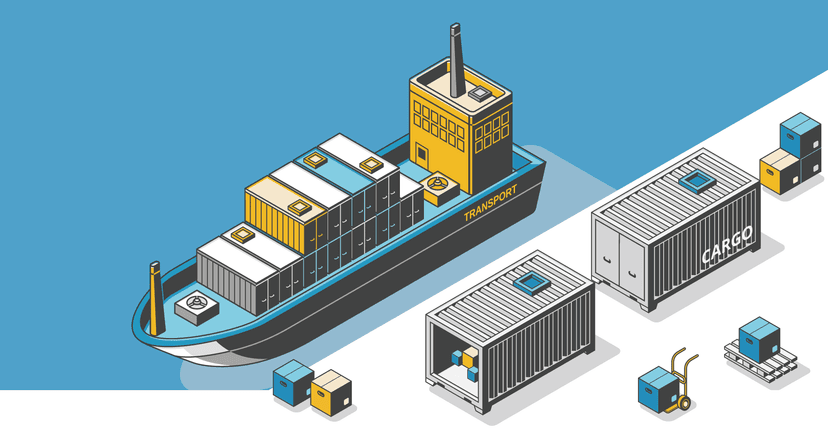
FCL Shipping Explained: Costs, Benefits, and Best Practices (2025)
FCL shipping (Full Container Load) involves hiring an entire shipping container exclusively for your cargo, offering faster transit times an...
Businesses are under pressure from all sides to demonstrate improved environmental and social policies in their supply chains in sectors like fashion, consumer electronics, and food and beverage.

In the past, a supply chain's upstream operations and the manufacturer and its downstream stakeholders were separated by a great deal of space and time. Nowadays, upstream risks are much more visible to the eyes, ears, and voices of downstream stakeholders, including consumers, business customers, news media, regulatory agencies, and nongovernmental organisations. This is due to the proliferation of technology, particularly mobile devices, and the widespread use of social media.
The hazards associated with supply chains also increase dramatically as they cross more legal jurisdictions, employ various business strategies, and reflect a diverse range of cultural values. Companies that have industry-leading and transparent supply chain disclosure practices tend to attract investors and superior human resource talent.
The critical step in controlling risks in this scenario is accessing, learning from, and acting on supply chain data. Customers are becoming more interested in learning more about the manufacturing processes used to create the goods they buy. Companies who offer visibility into their supply chains are actively rewarded, and those that don't are penalised. Also, governments have enacted new laws forcing businesses to rigorously scrutinise their suppliers.
According to the MIT Institute for Transportation and Logistics, there are two components to supply chain openness:
Once you know what data you already have, and where it is, you’ll have a starting point to determine what investments are needed to fill gaps.
After the building collapse in Dhaka, Bangladesh in 2013, which killed more than 1,100 garment workers and injured over 2,000 more, everyone became curious about where each clothing business acquired its materials.
Consumer demand for information on food supply chains has increased significantly. To cover 95% of its raw material sources, Nestle said in 2019 that it would reveal supply chain information on 15 commodities, including cocoa, dairy, fisheries, spices, meat, and poultry.
To comply with corporate governance and external regulations is the most evident and frequently main reason why businesses promote supply chain transparency. There may be business advantages, but they are less obvious and difficult to measure. This clouds the transparency's return on investment.
There are modern slavery legislations in the UK and Australia, and other new laws are being developed to deal with conflict minerals from war-torn place. Recent events include:
Draft legislation mandating some businesses to do social and environmental due diligence in their supplier chains has been published by the European Commission in the EU. The Child Labour Due Diligence Act of the Netherlands, the Transparency Act of Norway, and the Responsible Business Initiative of Switzerland all went into effect in 2022.
The Supply Chain Due Diligence Act of Germany will go into force in 2023. Similar regulations are being developed in Austria, Belgium, Luxembourg, and Spain.